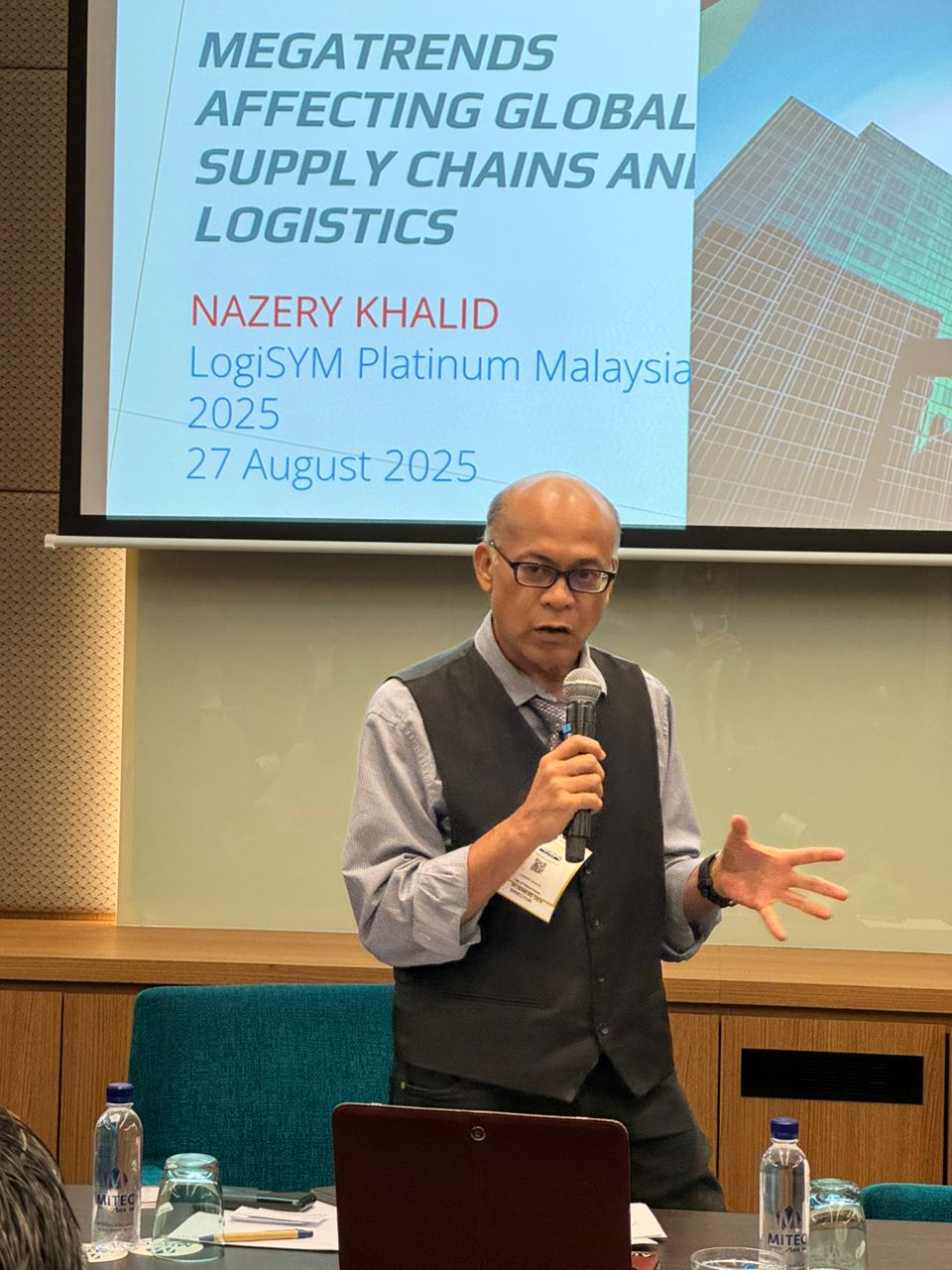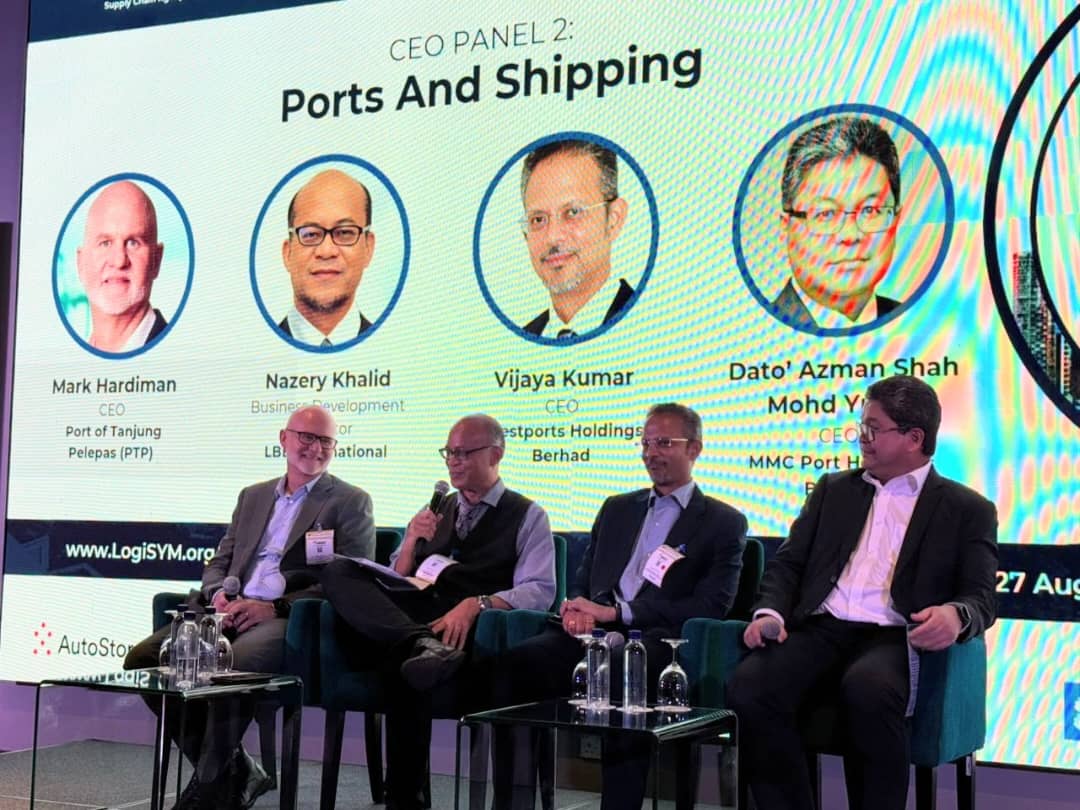KUALA LUMPUR, Sept 12: Amid the growing challenges that the global supply chain has been seeing in the recent years – from the war between Ukraine and Russia to the involvement of other countries in the long-drawn conflict between Israel and Palestine and the subsequent conflicts to rising tarrif rates – innovations have remained a constant in the raising of efficiency in the supply chain and logistics services and operations, supporting the growth of Malaysia’s trade volume.
Whether it is about more advanced automated cargo handling, goods tracking systems or higher efficiency in port operations and the freight forwarding business, and other supply chain facilities and infrastructures, the advancements have been also growing in tandem with the higher number of cargoes moved, including those handled by leading port operators in the country.
Malaysia’s trade volume in 2024 continued to rise on the back of improved infrastructures driven by e-commerce, international trade, government and private sector investments, recording a total trade volume of RM2.88 trillion with exports amounting to RM1.51 trillion, imports RM1.37 trillion, resulting in a trade surplus of RM136.88 billion.

Speaking to Weekly Echo on the sidelines of the recently held LogiSYM Platinum 2025, maritime, logistics and supply chain scholar, writer and consultant Nazery Khalid gave an insight into the mega trends in the logistics industry and its continued vibrancy and contribution to the country’s economy.
“The logistics industry’s value in 2024 was around US$20 billion and this is expected to reach US$33 billion,” he said, adding this was reflective of Malaysia’s attraction for foreign investments as well as an important trade hub.
For the full interview with Nazery Khalid, please click here:https://youtu.be/Mi6vZhbd3uQ
Meanwhile, participants at the LogiSYM were taken through the advancements made by players in the supply chain industry encompassing freight forwarders, port operators, shipping companies and air cargo operators.
The impact of Artificial Intelligence (AI), sustainability efforts were also discussed during the panel talks at the event, with updates given on efforts to comply with greenhouse gas emissions requirements in the industry.
–WE


